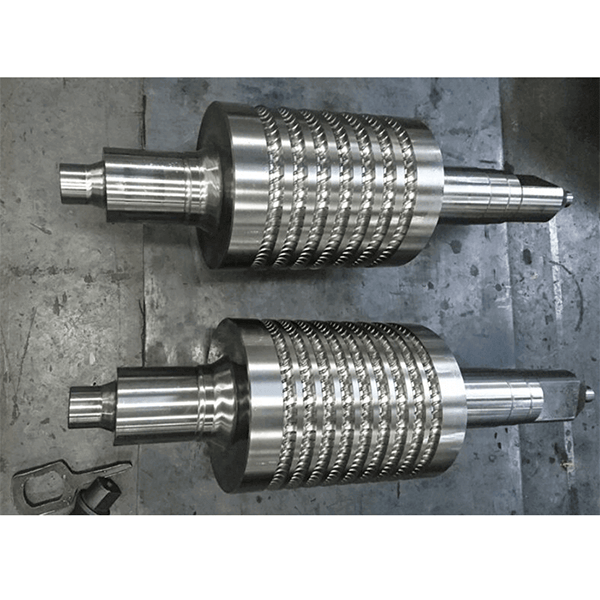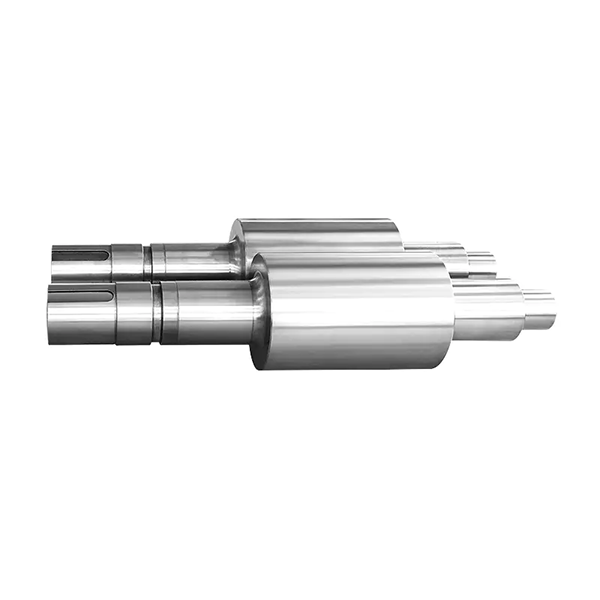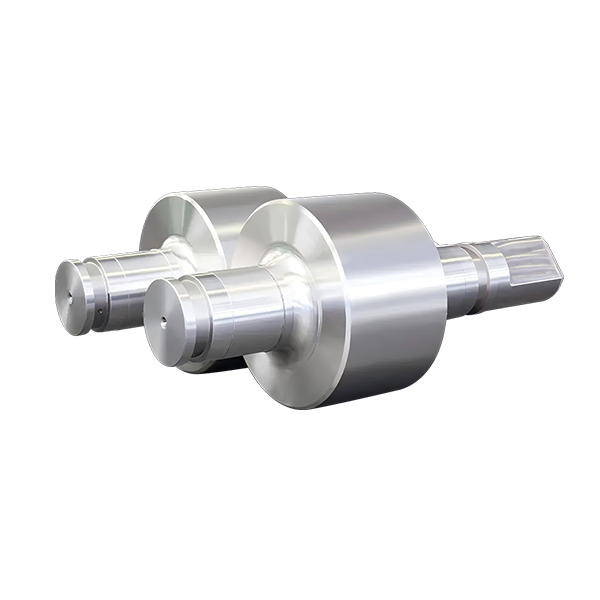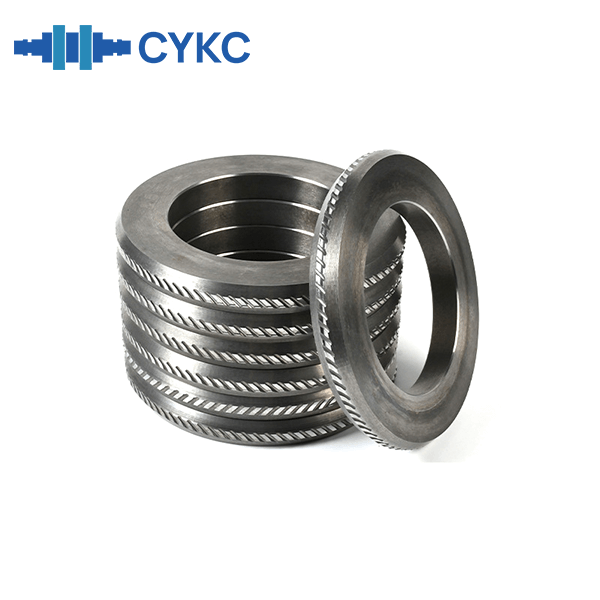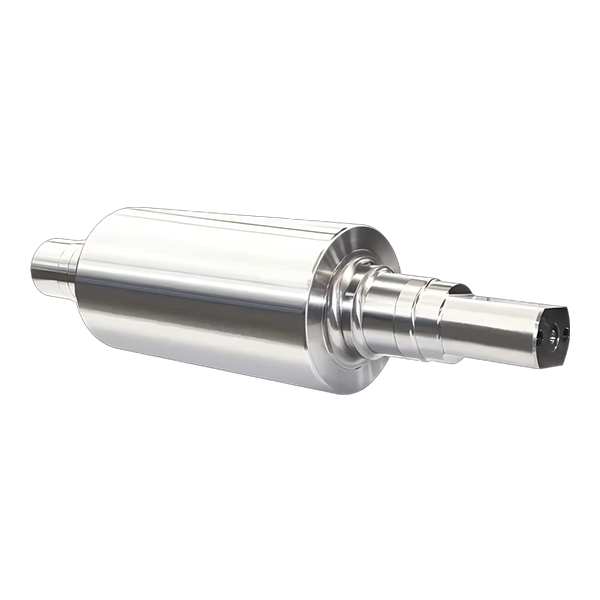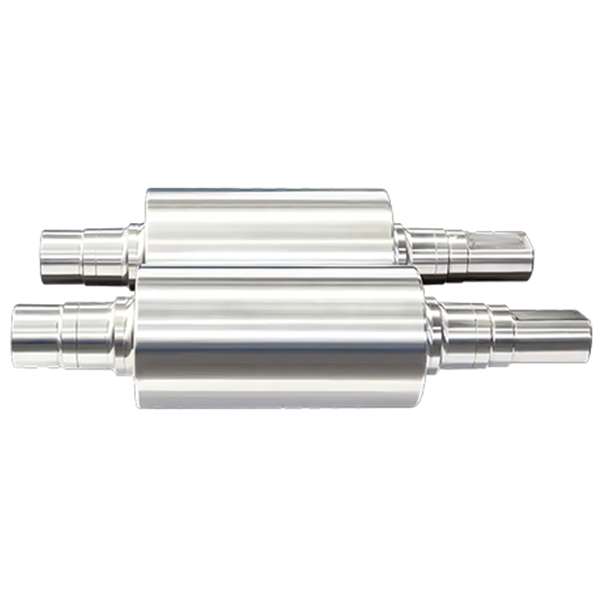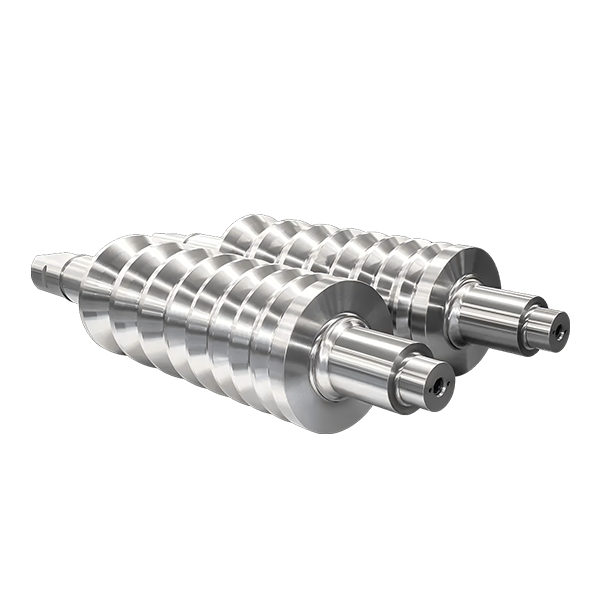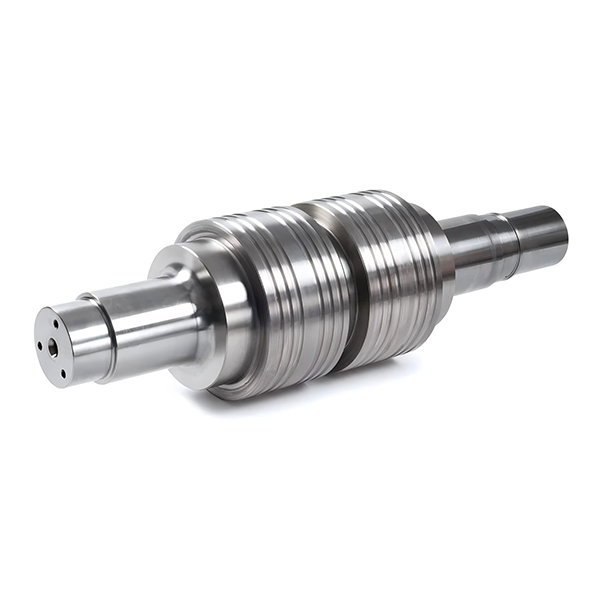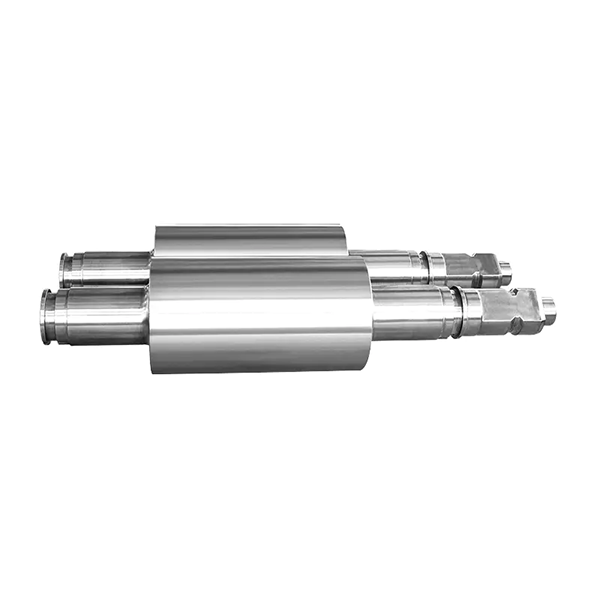Adamite rolls are widely used in steel rolling mills due to their excellent combination of hardness, wear resistance, and toughness. These rolls play a crucial role in high-temperature rolling processes, ensuring efficiency and durability. Hardness is a key factor that directly affects their performance, influencing their ability to resist wear and deformation. This article explores the composition, hardness, and advantages of adamite rolls in steel rolling applications.
Composition and Hardness of Adamite Rolls
The hardness of adamite rolls is largely determined by their chemical composition. They typically contain 1.2% to 2.3% carbon, along with alloying elements such as chromium (Cr), nickel (Ni), molybdenum (Mo), and vanadium (V). These elements enhance the hardness, wear resistance, and toughness of the rolls.
Additionally, adamite rolls have a free carbide mass fraction of 6% to 10%, which contributes to their superior wear resistance. Compared to alloy cast steel rolls, adamite rolls offer better abrasion resistance, while also possessing greater strength and toughness than cast iron rolls. This balanced composition ensures minimal hardness drop during operation, extending roll lifespan.
Advantages of Adamite Rolls in Steel Rolling
Adamite rolls offer several key benefits that make them indispensable in steel rolling mills:
Minimal Hardness Drop: Ensures consistent performance over long periods of use.
High Wear Resistance: Reduces roll consumption and extends service life.
Excellent Bite Performance: Improves material gripping during rolling, enhancing efficiency.
Superior Anti-Accident Capacity: Due to their monolithic casting structure, they have better resistance to cracks and breakage.
Lower Maintenance Costs: Enhanced durability reduces downtime and roll replacement frequency. Applications of Alloy Adamite Rolls
Due to their high hardness and wear resistance, adamite rolls are widely used in various steel rolling mills, including:
Work rolls, backup rolls, and vertical rolls
Section steel, wire rod, and bar rough rolling mills
Medium rolling mills and large/medium section steel mills
Rail beam mills and universal section steel mills
Hot-rolling steel and strip rough rolling mills
These applications highlight the versatility and reliability of adamite rolls in demanding rolling environments.
Adamite rolls are a crucial component in modern steel manufacturing, providing an optimal balance of hardness, wear resistance, and toughness. Their composition, enhanced by heat treatment, ensures minimal hardness drop and long-lasting performance. With extensive applications in rolling mills, adamite rolls contribute to improved efficiency, reduced maintenance costs, and high-quality steel production. Choosing high-quality adamite rolls can significantly enhance rolling mill operations, making them a preferred choice in the steel industry.


